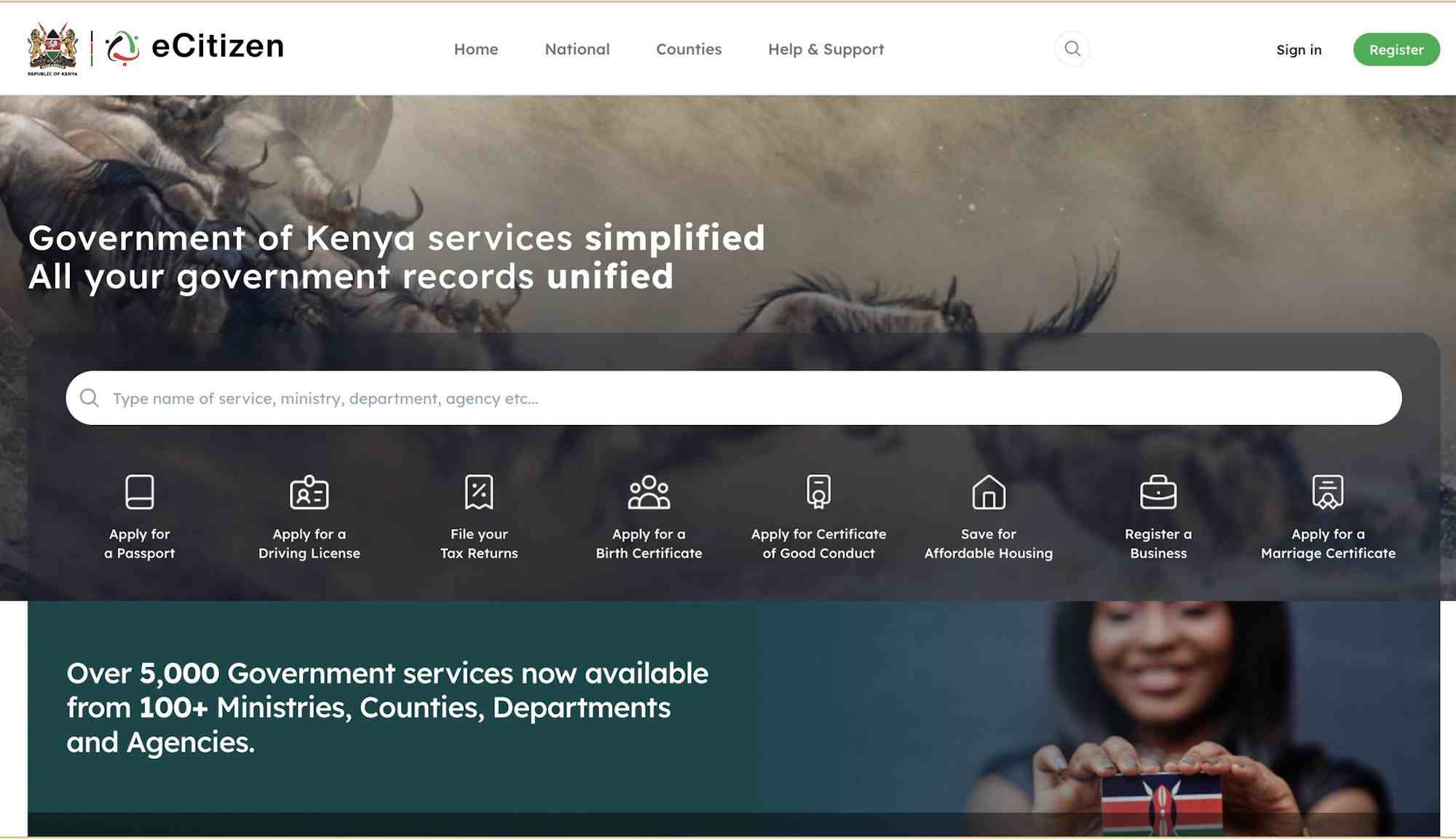By John Walubengo
It was by all measures an impressive digital day for the Government of Kenya when President William Ruto moved from one ministerial stall to the other, showcasing various government services that had gone online on the portal dubbed eCitizen.
Each cabinet secretary manned their booth and was at hand to demonstrate to the President and the rest of Kenyans the strides they had taken in digitizing their services.
From the Ministry of Agriculture, we saw how many farmers are now registered online and can easily access fertilizer, weather data as well as farming data – the type of soils, crops and fertilizer to use – drilled down to constituency levels.
At the minister of health booth, Kenyans were shown how community health providers at the lowest administrative levels of wards are tasked to visit households to monitor and digitally report on health issues in what is a preventive approach to managing citizen wellbeing as opposed to waiting for them to report to hospital when the disease burden may already be too heavy and costly.
At the president’s favourite spot, the Ministry of Lands, housing and public works, we found the ever-ready PS for housing, the face of the now contentious housing project and associated levies rolling out real-time statistics from his mobile phone regarding how many housing units are completed, how many are in progress, how many Kenyans are signed up and saving for their dream house, how much is saved so far amongst other impressive figures.
The Ministry of Cooperatives, hosting another of the President’s pet projects – the Hustler Fund – was not to be left behind. Equally up to the task, he showcased how the mobile-based digital credit platform has been subscribed by over twenty million Kenyans scattered across the 47 counties and currently enjoying credit worth 29B Ksh.
It is very impressive how the current administration has taken automation in the public sector as the enabler for delivering more efficient and cost-effective citizen services. But what could be missing in this lovely digital picture?
Data Policy
As each ministry races to outpace the other in terms of digitization, what is the public sector data policy framework that stipulates amongst others, the open data standards one would expect from public data sets?
As widely celebrated, there is an extensive public-private partnership in Kenya that has set us apart and ahead of our neighbours in terms of the digitization projects are concerned. However, without a clear data policy, public data sets face the risk of being deployed on proprietary systems that create what is known as ‘vendor lock-in’, making it impossible for government agencies to move to other vendors – in the event they chose in the future.
Issues of who owns that public data – even as it sits on private sector platforms- become extremely important and should precede any commercial contractual agreements.
Data Mining and Value
The real-time statistics and insights as shared by the various ministries are quite useful for decision-making. But these insights are the tip of what is otherwise a bigger data value chain below the iceberg.
Whoever has the data mining rights to all these public sector transactions sits on a very valuable resource and would probably want to ring-fence those rights to themselves and act as a gatekeeper to those datasets as well as the related insights.
Essentially planning to mine and sell insights back to the government and other interested stakeholders.
This should never be allowed to happen. Data created and generated through public funds should remain open and accessible to all interested stakeholders and not exclusively held to the benefit of one party, be they the private sector, civil society, academia, media or government.
We need to have these conversations like by yesterday. Otherwise, the excitement about public sector digitization will amount to the creation of newly minted data billionaires, extracting data value at the expense of our transactions – with little or no equity in the benefits.
____________________________________________________________________________________________________
John Walubengo is an ICT Lecturer and Consultant. @jwalu.
![]()




